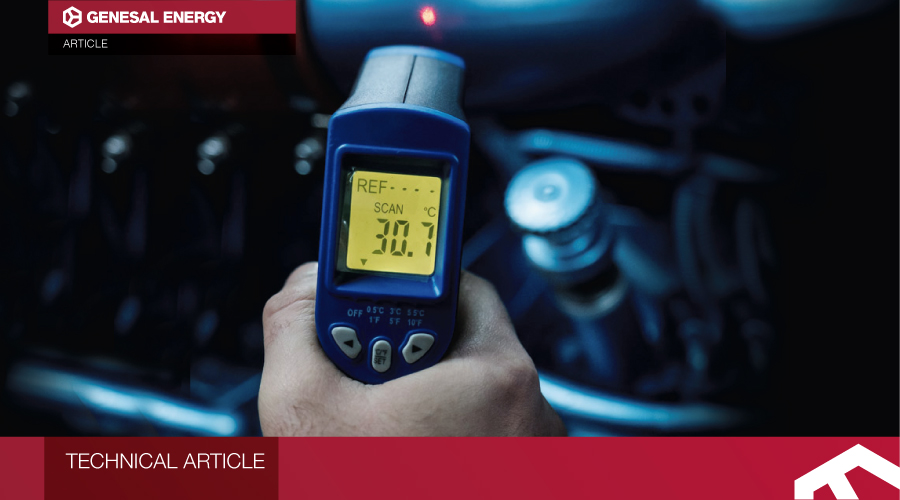Dereating: how Temperature and Elevation Affect Generators
In certain environmental conditions, generators can suffer power losses. Preventing these will allow us to ensure the maximum efficiency of our equipment.
All engines and alternators are capable of offering 100% capacity when they operate in standard or not so demanding environmental conditions, but when they must function in environments with high ambient temperature or at a high elevation above sea level, their capacities may be reduced.
The engine manufacturers, for instance, usually guarantee a certain performance provided that some values are not exceeded (generally a temperature of 25ºC and 1000 m above sea level). If these values are exceeded, the user has to bear in mind that, very likely, the engine will not perform at its top capacity.
This loss of power in function of temperature and elevation is known as derating, and is something which has to be very much taken into account when it comes to sizing a generator.
Generator dreating in conditions of altitude
Just as it happens to us human beings as we climb higher above sea level, the lack of oxygen and the low pressure affect the performance of the generator.
Elevation affects all kinds of engines, but this effect is more prevalent in atmospheric engines, which depend upon atmospheric pressure for the air to reach the cylinders adequately. These losses of power may even occur at elevations below 1000 meters.
In the case of turbo engines, the turbine is capable of countering this air deficit. Therefore, generally, the power derating of this type of engines starts to occur at an elevation of 1000 meters above sea level and its effect is inferior to that affecting atmospheric engines.
The alternator also suffers at a higher elevation, given that with less air it tends to overheat. In general, the majority of manufacturers guarantee that the alternators will not lose power until reaching 1000 meters above sea level. At higher values, the average loss of power is generally of 3% for 500 m of elevation.
Generator performance at high temperatures
Generally, temperature affects generator engines starting at 40ºC. Above this ambient temperature:
- The air is already very hot and its quality is no longer optimal to generate good combustion when mixed with fuel. This generates loss of power.
- The fuel may reach the engine at an excessive temperature, and combustion will not take place in adequate conditions.
- The efficiency of the cooling system will be diminished. As a result, if the radiator is not correctly sized, the generator can stop functioning due to an excessive water temperature.
Generator derating ambient temperature
As far as the alternator is concerned, it is also affected by high temperatures. The majority of manufacturers guarantee the power of their alternators, as long as they operate at an ambient temperature of below 40°C. At higher values, the derating in an alternator is generally of 3% for each additional 5º C.
The importance of having foresight
Given all of the above, when sizing a generator, it is crucial to have a clear understanding of the environmental conditions under which it will operate, i.e.: the inferior and superior limits of ambient temperature and barometric pressure in the setting-up location, as well as the elevation above sea level at which the equipment will be located.
With this clear information provided, we, the engineers, shall be able to foresee and counter the effects of power derating, selecting the most adequate engines and alternators for each equipment.













Leave a Reply
Want to join the discussion?Feel free to contribute!